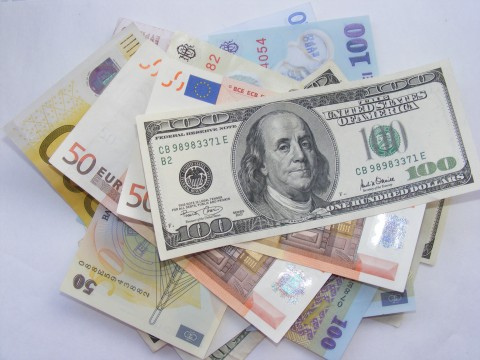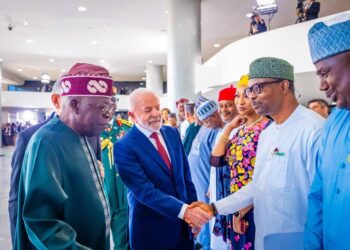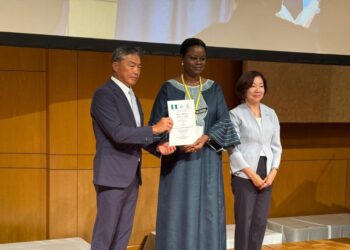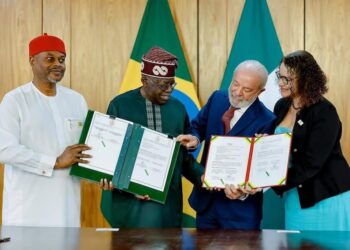Nigeria has recorded a notable influx of foreign capital from Niger, amounting to $15.27 million in the third quarter of 2023, despite the political upheaval caused by the coup in Niger.
The capital importation report by the National Bureau of Statistics (NBS) highlights the unexpected resilience in economic ties between the two nations.
The latest figures reveal a significant increase in foreign capital from Niger to Nigeria, marking a 663.5% surge compared to the $2 million recorded in Q4 2021 (that was the last time Nigeria recorded capital inflow from Niger before Q3 2023 according to NBS data).
This influx is noteworthy, given the strained bilateral relationship following the coup that led to the ousting of democratically elected President Mohamed Bazoum and subsequent international condemnation.
More Insight
- The coup, which occurred in late July, triggered intense criticism globally, with ECOWAS (Economic Community of West African States), led by Nigerian President Bola Tinubu, calling for the immediate release and reinstatement of President Bazoum.
- The ECOWAS leaders rejected any purported resignation by Bazoum, emphasizing a commitment to supporting democratically elected governments in the region. The communique issued by the ECOWAS leaders chaired by President Bola Ahmed Tinubu, stated that military action would be carried against any country that forcefully toppled a democratically elected government.
- Tinubu wrote to the Senate, seeking the implementation of the Resolutions of the ECOWAS Authority of Heads of State and Government on the political situation in Niger Republic. However, the Senate rejected an option of military operations in Nigeria’s neighbouring Niger Republic.
- Eventually, Tinubu opted for a swift, peaceful restoration of democracy in Niger through diplomacy and said he would oppose the use of military force.
- However, the coup’s impact extended to the power sector, with the Transmission Company of Nigeria (TCN) cutting off electricity supply to Niger as a consequence of the coup. There is also the likely impact on bilateral trade and infrastructural development between the two countries.
- Despite these challenges and the uncertainty surrounding the ECOWAS sanctions, Nigeria surprisingly received foreign capital from Niger. It appears that the investment may be attributed to Nigerian businesses operating in Niger repatriating capital to Nigeria amid the political instability.
- While the geopolitical landscape remains uncertain, the unexpected flow of foreign capital highlights the complexities and interconnectedness of economic relationships in the West African region.


























